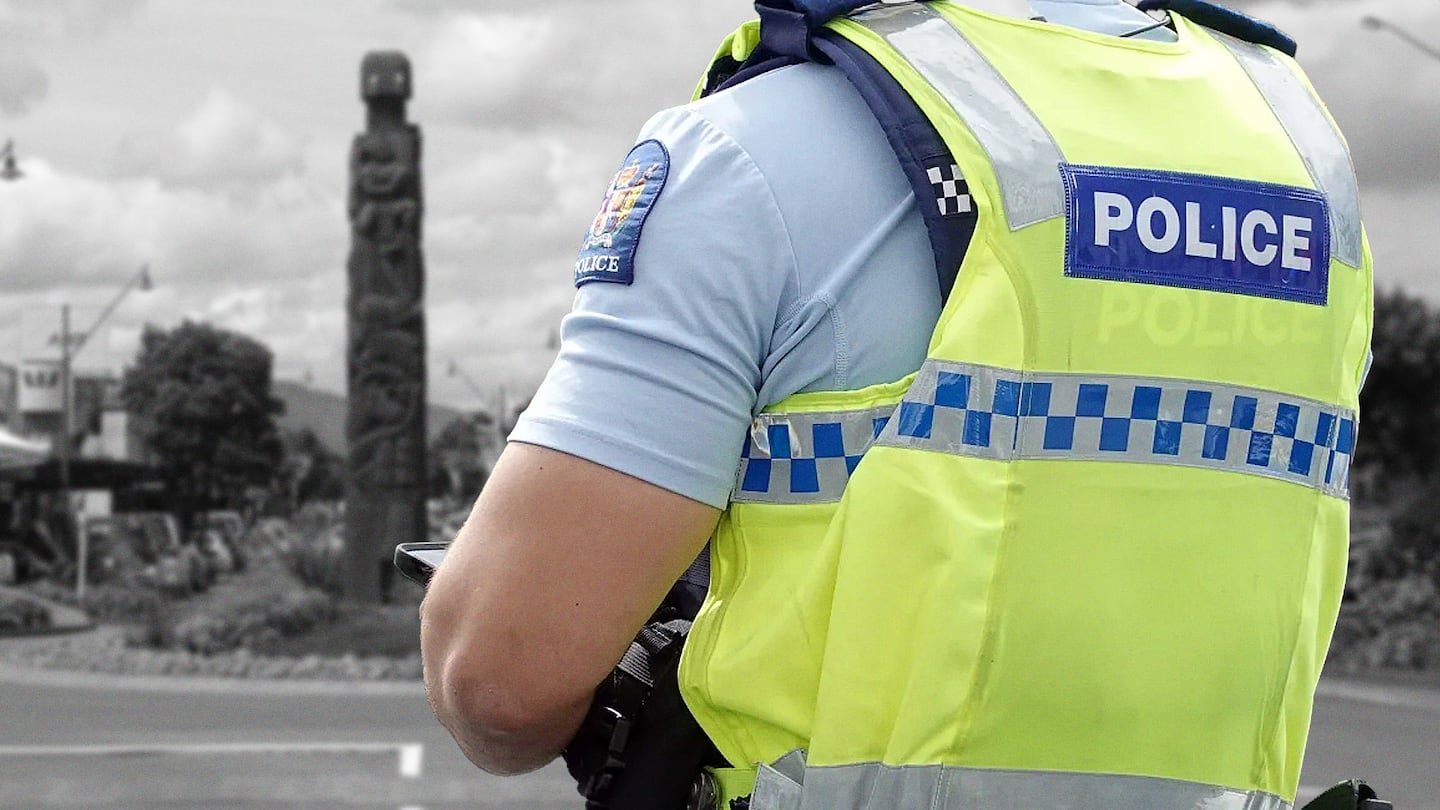“Let’s get real - are you coming down tough on crime or are you coming down tough on Māori?”
This is the pātai Whakatōhea leader, Kylie Poihipi, has posed about the controversial Ōpōtiki raids in October.
She called out the government for making Ōpōtiki look bad to the rest of the country.
“They‘re using a smokescreen, using Ōpōtiki as a poster child for coming down on crime and coming down on gangs. If that were the case, then you wouldn’t get people from Remuera like Phillip Polkinghorne who for methamphetamine charges days later got a slap on the hand and 150 hours of community service.”
Ōpōtiki brings in a lot of money through its mussel farm run by the iwi, which in 2020 received a $400 million a year contract with a USA company.
“Ōpōtiki is a thriving community, with the harbour opening over here and among all the other amazing kaupapa that are elevating throughout Ōpōtiki, all the way to the coast through kiwifruit, through Willie Te Aho‘s amazing projects with the water, those are all the things that the government doesn’t want to hear about because they want headlines around gangs and around methamphetamine, those things created by the system”
Ōpōtiki has been in the media a lot, mainly for gang and drug-related issues.
On October 22, 2024, police executed 30 search warrants against homes allegedly connected to Mongrel Mob operations, including 15 in Ōpōtiki.
It was called “police-sponsored terrorism” by Te Pāti Māori co-leader Rawiri Waititi.
This week the NZ Herald reported a kuia had been strip-searched, something Police Minister Mark Mitchell rejected even though he hadn’t questioned police on the issue.
There were also claims that tamariki were left unsupervised in houses for hours following the raids, which he denied.
Poihipi has spoken to the wāhine who made the claims, saying she kept strong during the alleged strip search.
“That kuia felt degraded, humiliated, and the only thing that kept her strong during that strip search was to hold on to her mana and her integrity by not letting her show any response to what was happening.
“With regards to our tamariki mokopuna, when a three-year-old can articulate themselves so clearly and so well about their kuia being apprehended at gunpoint walking down the driveway in their pyjamas, then you know something needs to be done.
“I don’t need any police report or any minister report or anything to tell me, we need to be seen to be fighting for our mokopuna to create change and this must stop.”
She had a message to the police and the government.
“If you want to create change amongst our community, then come and meet with the community, sit down at the table, [and] let’s create strategies moving forward, strategies that have been developed and implemented by the community and supported by the ministry.”




